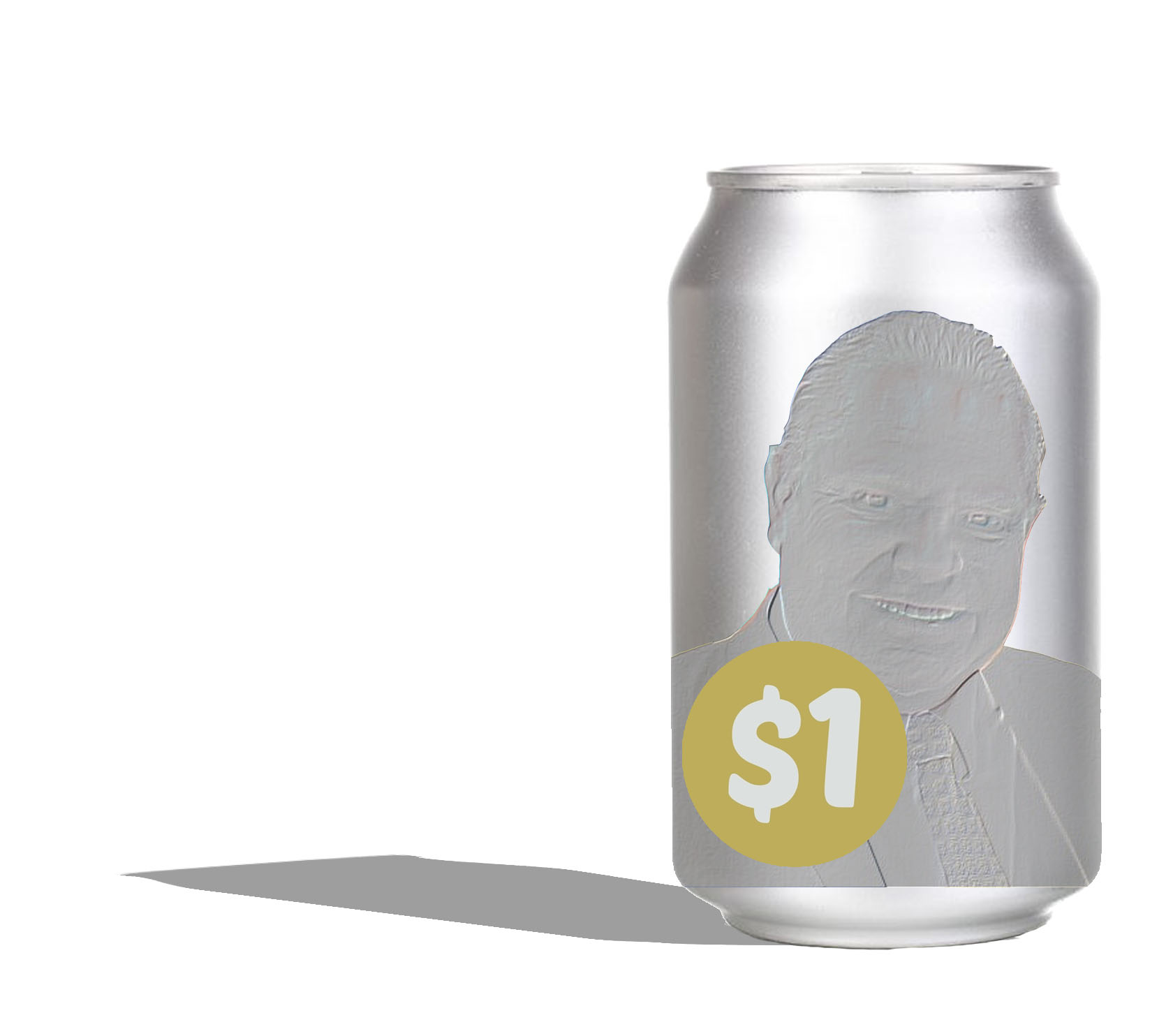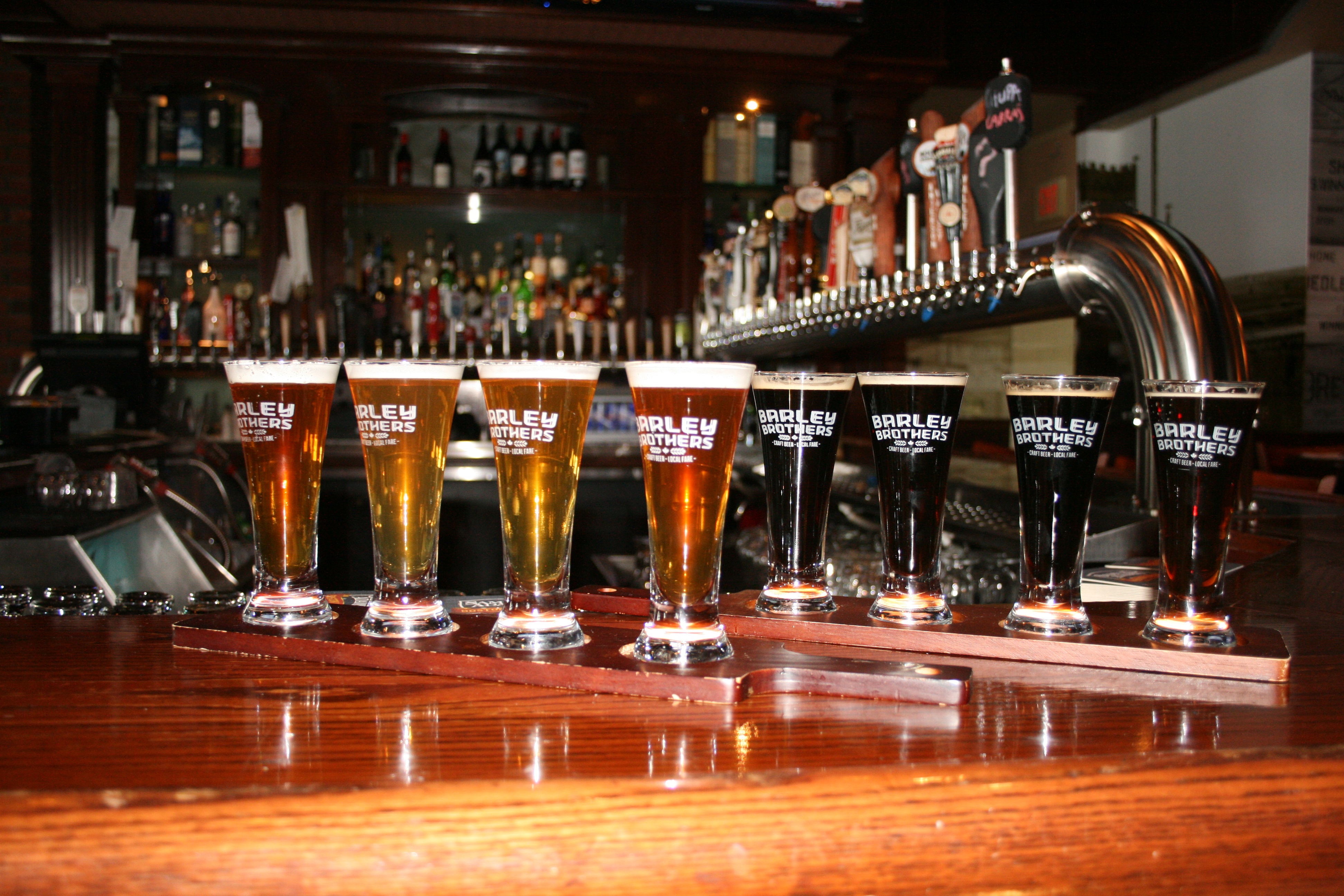Premier Doug Ford’s spectacular victory in Ontario’s provincial election has ushered in a new era of Progressive Conservative politics. While Ford’s win is in part a result of a long-in-the-tooth Liberal government, his populist appeal cannot be overlooked.
Styling himself after a fist-raised communist, Ford’s political platform was named “For the People.” His intent was to appeal to the working-class sector of Ontario. In Trumpian fashion, Ford railed against Ontario’s “elites” and immigrants (although he later walked back his anti-immigrant statements).
Ford’s platform also offered up a host of tax cuts for both low-income workers and huge corporations. Of course, there is no mention of what services low-income workers will lose when revenue is slashed. The private sector might step in where the government collapses. But, these workers will still pay — much likely more — for these privatized services or they will go without them if they are unable to pay.
Ford is smart to unabashedly say he will govern for working people. It is undoubtedly the second most important reason he won, only behind the tired Liberal party. His populist rhetoric, however, is an undeniable facade. An interesting case study of this fact is Ford’s “Buck-A-Beer” announcement.
Beer is the elixir of the working class. Whether they are walking out of a retail store or sliding out from underneath a car, the working class recharges with, and bonds over, the frothy beverage. The drink has a historical position within the working class, too. Taverns throughout the 19th and 20th centuries have played a pivotal role in the labour movement and in working class communities. Ford’s “Buck-A-Beer” is meant to strike a chord with the working class.
The initiative has the province drop the minimum price for which a beer can be sold from $1.25 to $1.00. This would be a return to the $1.00 beer that was erased by the Ontario Liberal government in 2008. Ford says that brewers can voluntarily lower their price. To incentivize brewers to bring down the price of their beer, Ford’s “Buck-A-Beer” initiative will offer premium placement and free advertising with the Liquor Control Board of Ontario for those who lower their price to $1.00. Currently, no breweries are offering their beer at the $1.25 price point. The behemoth Budweiser is currently selling a two-four for $39.95 or $1.64 a beer.
It is unlikely that the reduced regulated price is going to shift the cost of beer downward. However, the only brewers who could afford it and thereby capture the incentives would be giant producers like Labatt Brewing Company who make Budweiser.
As the brewery collective People’s Pint, located in Toronto, noted, Ford’s plan would have breweries in a “race to the bottom.” Other local breweries have noted that a major reduction in price would sacrifice both the quality of the product and wages of their workers.
To the big corporations who can sell their beer at the lowered price, they will be receiving a taxpayer subsidy for their advertising. Moreover, the reduction in provincial revenue from the lowered price of beer, if that is the effect of the initiative, must be made up in either additional taxes or a reduction in services. To brewery workers, the “Buck-A-Beer” initiative could lead to lower pay or truncated hours.
Ford’s populism, however, still manages to get one thing right.
Historically, liberal reformers have opposed alcohol on moral grounds. Viewing the working class as contemptible and socially depraved, the liberal middle class in the 19th century campaigned to prohibit the sale of alcohol.
Rooted in Victorian moralistic posturing, reformers believed the working class could be saved if only they gave up the drink and embraced middle-class morals. Forward to 2008 when the Ontario Liberals ended the $1.00 beer under the banner of “social responsibility.”
It seems little has changed within the liberal sphere.
The Ontario government’s plan will not help the working class in any meaningful way. But, Ford’s populism at least respects the capacity of the working class and doesn’t seek to moralize against them. When pressed about the potential of the lowered price in contributing to, or spurring on, substance abuse, Ford stalwartly stood beside the working class by asserting, “people in Ontario are mature enough […] to know when they’ve had one too many.”
Any political movement that wants to defeat Ford needs to produce politics with real populism that seeks to combat actual economic elites, not cater to them like Ford does. Nevertheless, this left-wing populism needs to genuinely support and trust the working class to the same extent that Ford has faith in their ability to count their drinks.





